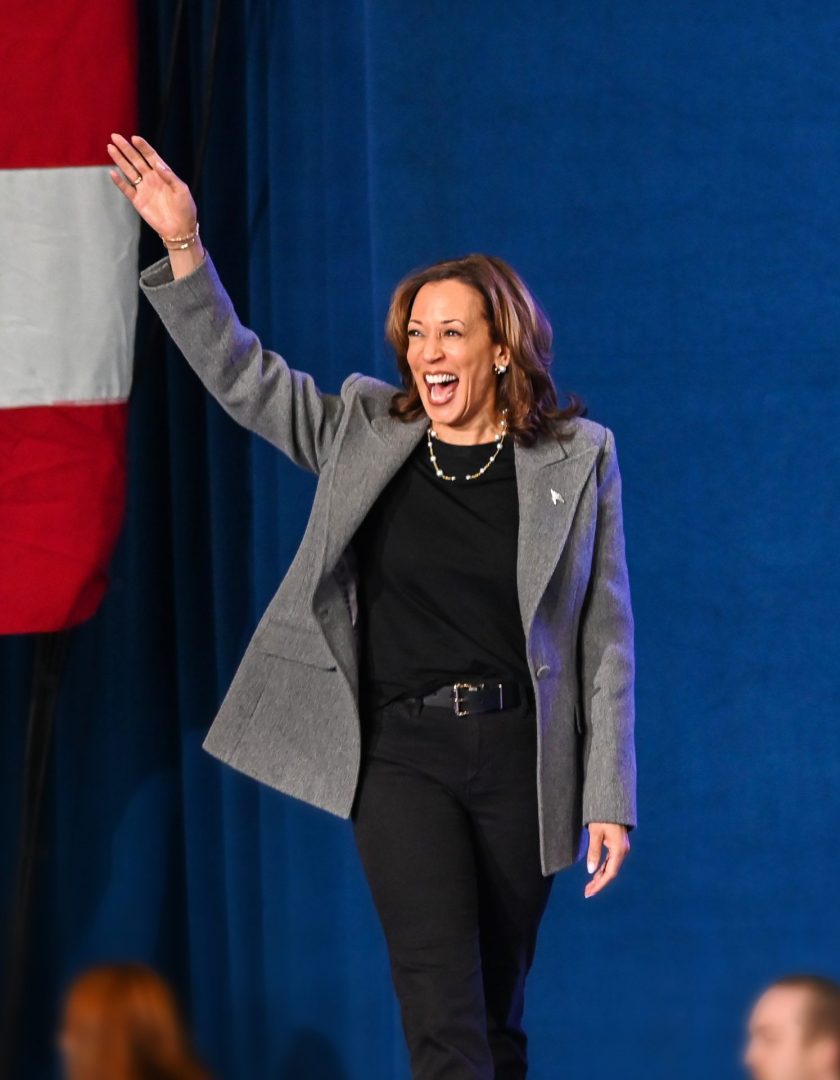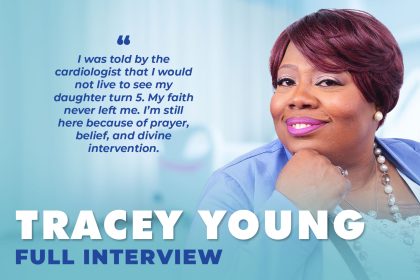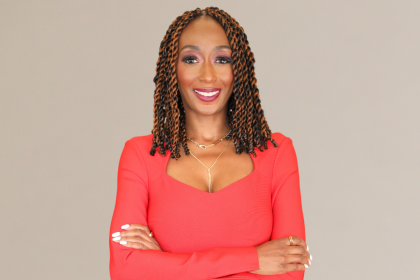As we approach Tuesday, Nov. 5, 2024, we stand to make one of our boldest leaps in history and women’s empowerment. Vice President Kamala Harris’s potential ascension to the presidency reflects a conscious effort by the Democratic Party “to bet on women,” the party’s most loyal voter bloc. Harris’s rise to secure the Democratic Party’s nomination symbolizes a collective response as a party willing to shift traditional archetypes and redefine leadership.
Counting on women: Organizing for change
Women voters are the engines behind people-powered campaigns. Women organize, canvass, support, donate and push candidates to the finish line. While the party has historically counted on women, the present-day renewed expectation is for the party to go one step further and bet on women. Britney Whaley of the Working Families Party encourages this paradigm shift through the organization’s initiative, Bet on Us, which trains Black women to step into political power by building community-centered campaigns and running for office.
Harris’ candidacy fuels a wide spectrum of Black women who feel inspired by her nomination to support the campaign and encourage voter participation. Attorney Fallon McClure, Deputy Director of Policy and Advocacy for the ACLU of Georgia, under the executive leadership of Andrea Young, created a five-step nonpartisan get out the vote (GOTV) campaign, “I Got 5 On It.” The campaign encourages voters to build a community and voting plan leading up to early voting and Election Day. “I Got 5 On It” also provides opportunities for volunteerism through text-a-thons, tele-town halls and a virtual Election Day eve rally.
Cassandra Littlejohn, a member of the North Fulton Democrats and volunteer for the Harris-Walz campaign, bedazzles and donates “Vote” T-shirts. Littlejohn, who hoisted a life-size cardboard cutout of Harris at the foot of her stairwell and was a 2020 Harris supporter, says, “We, as women, inspire one another. [Because Harris is] a Black woman who has reached the height of the ladder, I am proud of her.” The fact that the presidential nominee is a woman, Littlejohn says, “fuels” her commitment to “make certain she [Harris] is elected.”
Dr. Tincie Lynch, a military veteran and founder of Georgia Women Veterans for Kamala Harris (GWV4KH) organized her fellow colleagues and veterans to form the grassroots organization. The women of GWV4KH held a campaign fundraiser, attended rallies throughout Georgia, mailed postcards and waved signs for the Harris-Walz campaign.
These women represent a fraction of the many who consistently engaged in voter participation, campaign organizing and political action. However, Harris’ nomination serves as extra fuel in the tank for women voters who yearn for representation and empowerment.
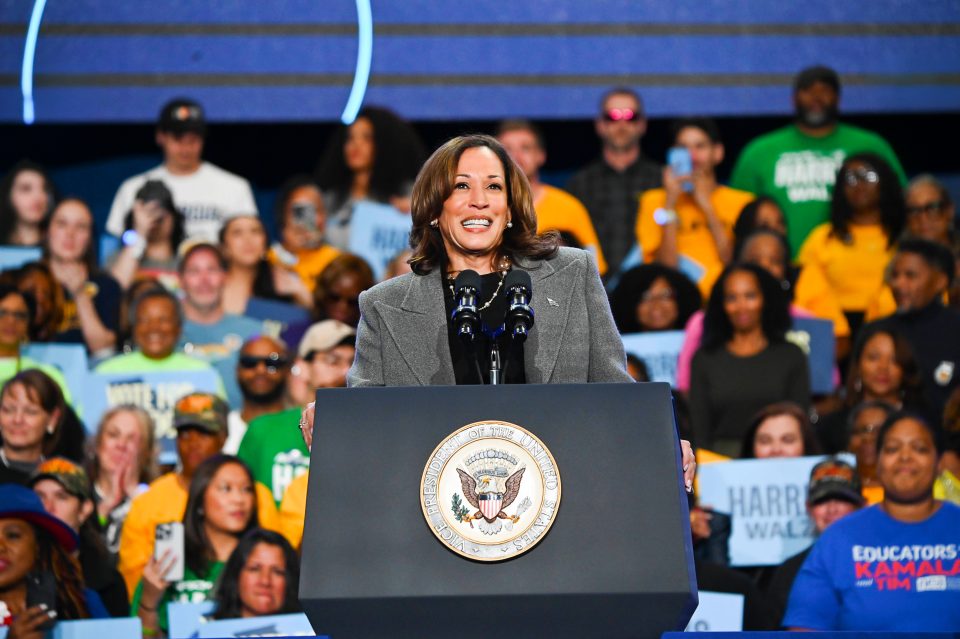
Betting on women: Representation in legislation
The discourse surrounding the party’s reliance on women voters is experiencing a relationship shift. Harris’s nomination signals a bold leap in women’s empowerment during an election year when issues that create barriers to equality are at stake. Black women, women of color and White women alike are unsettled by the attack on their reproductive freedoms. Every registered voter shares the fundamental truth of being born of a woman, highlighting that bodily autonomy is a collective concern. Harris successfully incorporates men voters into the reproductive rights conversations with testimonials from couples who were negatively impacted in states with anti-abortion legislation. Her brilliance in presenting the framework for viable plans for pressing issues established permission structures that encouraged several key Republicans to cross party lines to endorse her.
Societal expectations of diversity, equity and inclusion encourage reserving a seat at the boardroom table for women. The reversal of Roe v. Wade and legislators who used the momentum to ban abortions in states demonstrate women are seated but muted. Current undue burdens such as the costs of childcare, low wages, unaffordable healthcare, higher grocery prices and the rising costs for homeownership are barriers that largely impact women who serve as heads of households and primary caregivers. Now, more than ever, women are demanding that the party bet on them.
Paradigm shifting: A bold leap for women’s empowerment
While Harris is not the first woman to secure the Democratic Party’s presidential nomination, she is the first woman of color to reach the pinnacle. Harris’ nomination and potential presidency is a symbolic embrace of the new paradigm of governance that reflects the values we choose to uphold and the fabric of our country’s democracy.
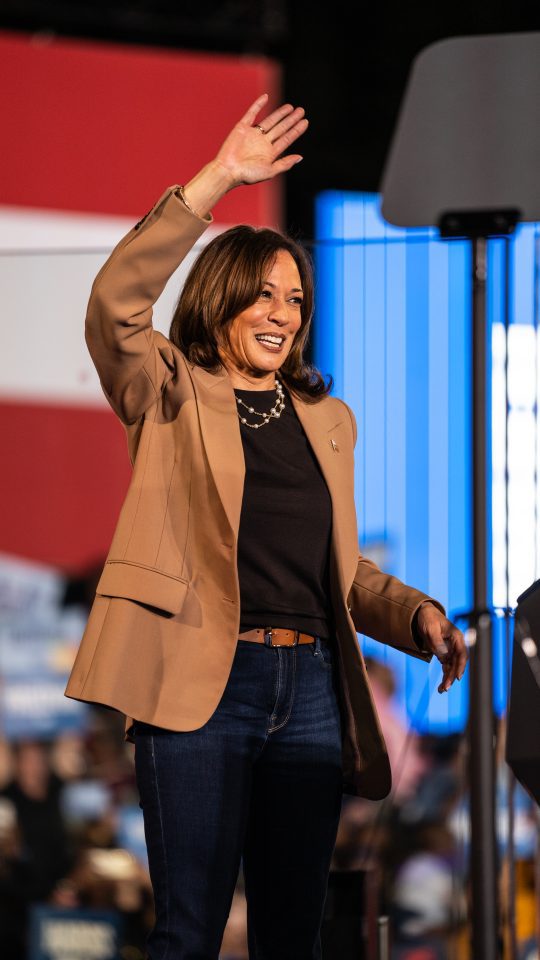
Redefining societal outcomes: Empowering our girls
As we redefine leadership in the United States, we stand to shift political and societal outcomes where the glass ceilings of yesterday are finally shattered. Fifteen-year-old Amani “DJ Littyy,” a student who DJs for Harris-Walz political rallies, was born during the Obama administration. Now, she is witnessing a Black and South-Asian, HBCU graduate and member of the historically Black sorority Alpha Kappa Alpha with a chance to ascend to the highest office in the nation. In a recent interview, DJ Littyy shares that Harris’s nomination is a signal to her that she “could be next.” Littyy will share the same point of view as our adored Blue Ivy Carter, who raps: “Never seen a ceiling in my whole life.”
Making history: Affirming our women
On Tuesday evening, women everywhere are hopeful that we will make history as we anticipate the victory for Vice President Kamala Harris as America’s first woman President. For women, the moment represents fruit from seeds we have planted, watered and toiled for decades. Our families, communities and nation could always count on us. Harris’ victory will serve as a powerful affirmation of our quiet strength and unwavering endurance. It will be a moment of inspiration where the country finally “bets on us!”

